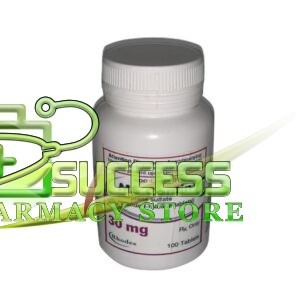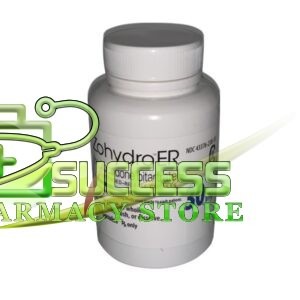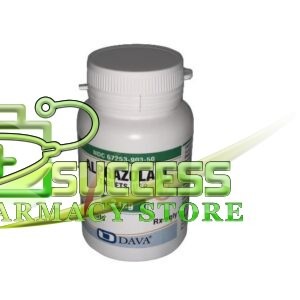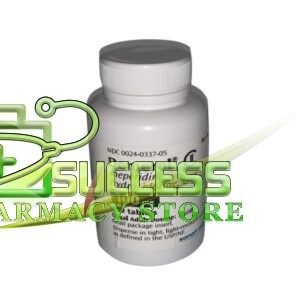Description
Buy Opium Tincture 10mg/ml Online
Buy Opium Tincture 10mg/ml Online, Drug Interactions Alvimopan: Opioid Analgesics may enhance the adverse/toxic effect of Alvimopan. This is most notable for patients receiving long-term (i.e., more than 7 days) opiates prior to alvimopan initiation. Management: Alvimopan is contraindicated in patients receiving therapeutic doses of opioids for more than 7 consecutive days immediately prior to alvimopan initiation. Consider therapy modification
Amphetamines: May enhance the analgesic effect of Opioid Analgesics. Monitor therapy
Anticholinergic Agents: May enhance the adverse/toxic effect of Opioid Analgesics. Specifically, the risk for constipation and urinary retention may be increased with this combination. Monitor therapy
Azelastine (Nasal): CNS Depressants may enhance the CNS depressant effect of Azelastine
Warnings/Precautions
Concerns related to adverse effects of opium tincture Usp Oral liquid
• CNS depression: May cause CNS depression, which may impair physical or mental abilities; patients must be cautioned about performing tasks which require mental alertness (eg, operating machinery or driving).
• Hypotension: May cause hypotension; use with caution in patients with hypovolemia, cardiovascular disease (including acute MI), or with drugs which may exaggerate hypotensive effects (including phenothiazines or general anesthetics).
Disease-related concerns:
• Abdominal conditions: May obscure diagnosis or clinical course of patients with acute abdominal conditions.
• Adrenal insufficiency: Use with caution in patients with adrenal insufficiency, including Addison’s disease. Long-term opioid use may cause secondary hypogonadism, which may lead to sexual dysfunction, infertility, mood disorders, and osteoporosis (Brennan, 2013).
• Biliary tract impairment: Use with caution in patients with biliary tract dysfunction, including acute pancreatitis; may cause constriction of sphincter of Oddi.
• CNS depression/coma: Avoid use in patients with CNS depression or coma as these patients are susceptible to intracranial effects of CO2 retention.
• Drug abuse: Use with caution in patients with a history of drug abuse or acute alcoholism; potential for drug dependency exists. Tolerance, psychological and physical dependence may occur with prolonged use.
• GI Hemorrhage: Use with caution in patients with GI hemorrhage.
• Head trauma: Use with extreme caution in patients with head injury, intracranial lesions, or elevated intracranial pressure; exaggerated elevation of ICP may occur.
• Hepatic impairment: Use with caution in patients with hepatic dysfunction.
• Obesity: Use with caution in patients who are morbidly obese.
• Prostatic hyperplasia/urinary stricture: Use with caution in patients with prostatic hyperplasia and/or urinary stricture.
• Respiratory disease: Use with caution in patients with pre-existing respiratory compromise (hypoxia and/or hypercapnia), COPD or other obstructive pulmonary disease, and kyphoscoliosis or other skeletal disorders which may alter respiratory function; critical respiratory depression may occur, even at therapeutic dosages.
• Thyroid dysfunction: Use with caution in patients with thyroid dysfunction.
Concurrent drug therapy issues:
• Drug-drug interaction





